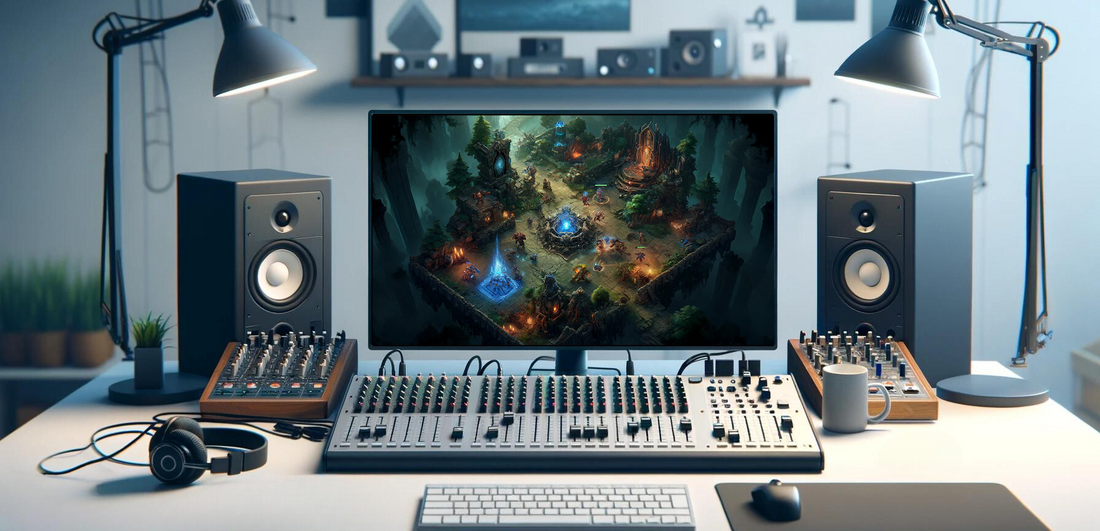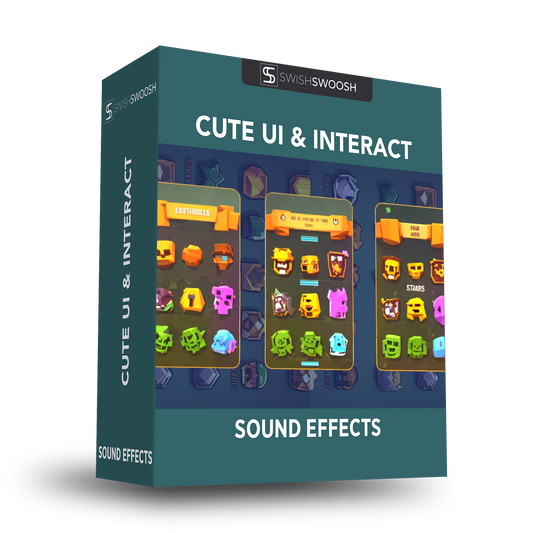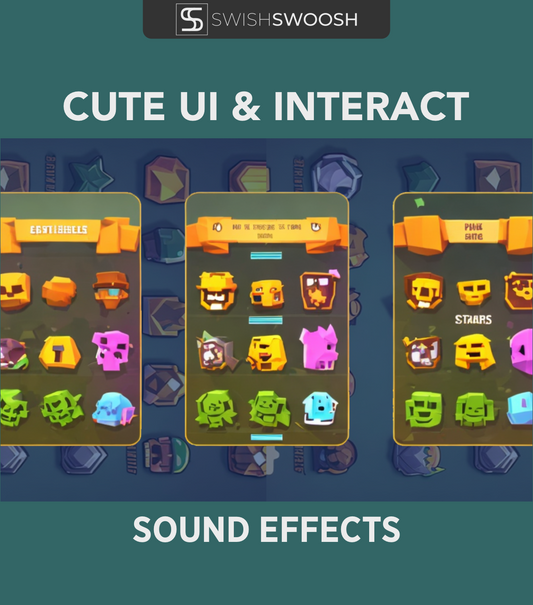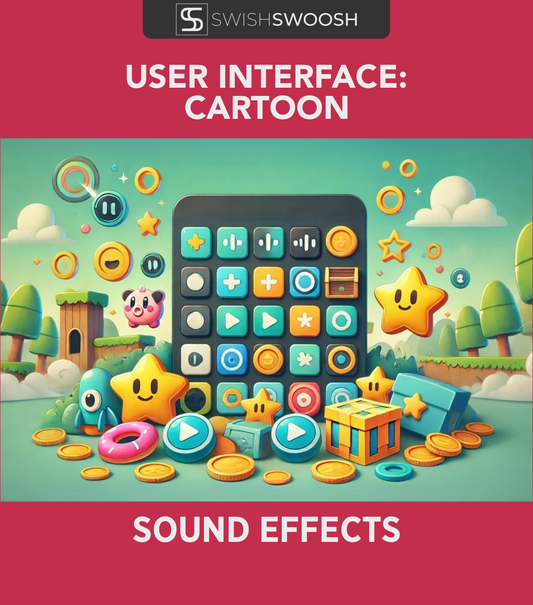
The Critical Role of Audio Teams in Game Development
In the ever-evolving world of game development, the significance of high-quality audio cannot be overstated. From creating immersive environments to enhancing gameplay experiences, audio teams play a pivotal role in shaping the final product. In this blog post, we delve into the key aspects of involving audio professionals in game development, highlighting why their early integration and effective communication with developers are essential for success.
Key Points of Involving Audio Teams in Game Development
1. Early Involvement
Involving audio professionals early in the game development process is crucial, and this importance varies from genre to genre. For horror, FPS, or action-adventure games, it's particularly essential for the audio team to be involved from the outset. In The Last of Us, the audio team was integrated from the beginning, allowing them to create immersive soundscapes that complemented the game's intense and emotional narrative. Sound designer Neil Uchitel traveled to Rio de Janeiro to discover locations for sound recording. He recorded chickens, which were ingeniously utilized in the game as the sounds of rats. The team continued to add and change the game's sounds until the end of development. This early collaboration ensures the audio enhances the game's environment and overall experience. There will be a back-and-forth feedback process, so the earlier the audio team is involved in the game, the better it is.
2. In-House or Outsource?When hiring an audio team, you have two main options: in-house staff or outsourcing to specialized game audio companies. For instance, Ubisoft’s Assassin’s Creed series employs both in-house audio teams and partnerships with external sound design companies. This hybrid approach allows them to leverage internal expertise while accessing specialized skills when needed. Conversely, some indie studios and AAA game developers prefer an in-house team to maintain consistent budget management. Additionally, audio programming professionals often join the team to develop the necessary code if needed. While there's no strict requirement to choose between an in-house or outsourced team, it's crucial to enlist individuals with audio expertise to relieve the burden of audio development from the game developers' shoulders.
3. Budgeting
Audio production should not be an afterthought in your budget planning. The developers of Hellblade: Senua's Sacrifice allocated a significant budget for audio production. See our blog post Binaural World of Hellblade: Senua’s Sacrifice to understand more about the binaural recording technique they used in the game. This investment in binaural audio and sound design played a crucial role in the game’s success and immersive experience. In some cases, like mobile games, game developers may not polish the art tools in the game, such as sound and music, and may use temporary assets. Sound production may start before the hard launch phase, but the budgets should be organized well to reserve the needed amount for custom production if necessary. For more insights on how to allocate your budget, consider examples of games that reserve a significant portion of their budget for audio and music production, compared to genres that don’t require as much focus on audio.
Visit the GameSoundCon Survey to know more about game audio teams and budgets.
4. Effective CommunicationMaintaining open and consistent communication between game developers and audio professionals is essential. Marvel composer Pinar Toprak says, "I don’t try to educate the filmmakers about the instruments and other technical details; that’s my expertise. I want them to talk about the feeling they want to transmit to the audience." Most developers tend to express their ideas about artistic approaches in technical terms. However, it's often more effective to share the emotions and overall vision with the composer and sound designer. This approach fosters a deeper understanding and leads to better results.
Moreover, maintaining a robust feedback process is crucial. Developers should avoid getting too attached to temporary sound assets, a phenomenon known as "temp love". Sometimes, it's best to entrust the audio experts with creative control to ensure a cohesive audio environment. The Audio Director plays a crucial role in this process, overseeing the integration of audio elements and ensuring they align with the game's vision. If an Art Director is part of the team, they should act as the main communication channel with the audio team to prevent an overload of opinions and maintain a streamlined process. Achieving a balance in feedback and creative freedom is key to success.

Conclusion
Integrating audio teams early, choosing the right staffing approach, allocating appropriate budgets, and maintaining effective communication are fundamental to creating an outstanding audio experience in games. As the gaming industry continues to evolve, the role of audio professionals becomes increasingly significant, underscoring the need for their expertise in crafting immersive and engaging game worlds. Embrace these strategies to elevate your game's audio and ensure it resonates with players on a deeper level.





















No comments